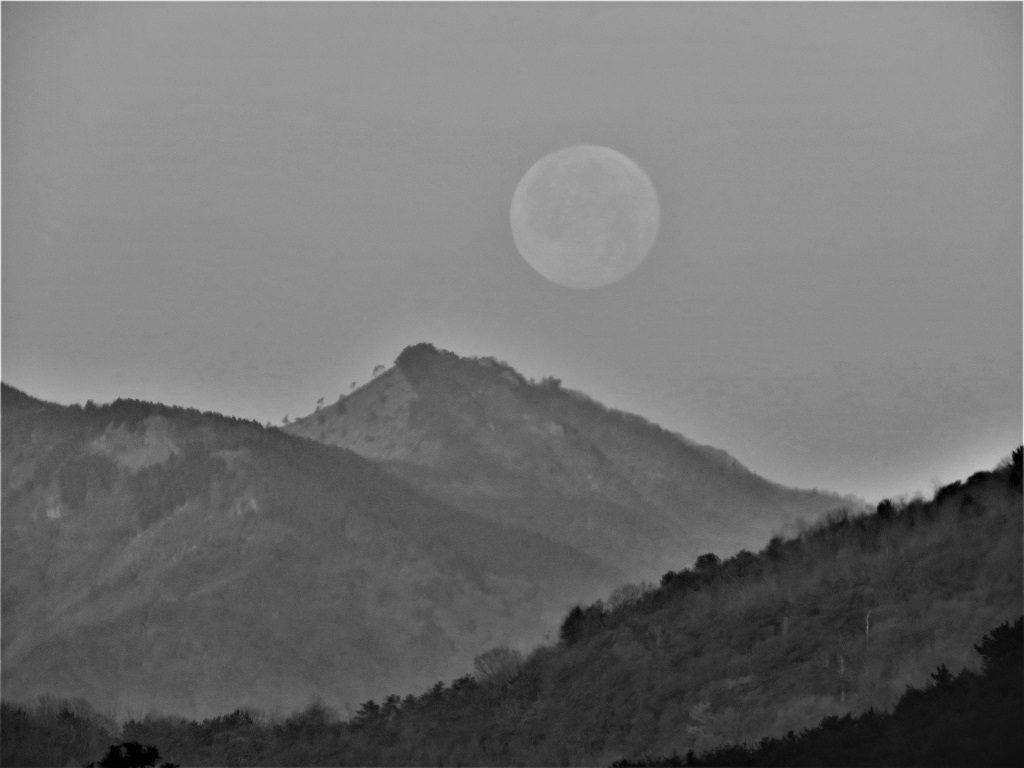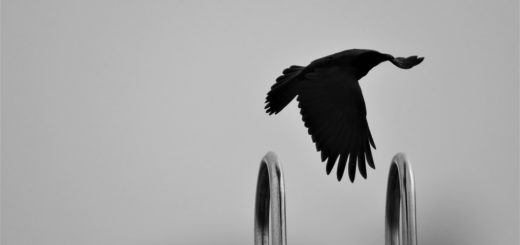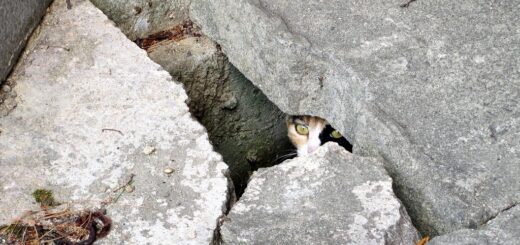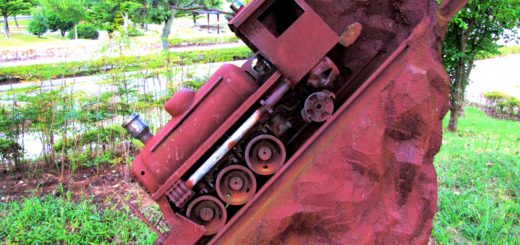The Korean Case: Facts and Distortions
A regular reader directs me to an article at American Thinker, my old haunt (before it actually became haunted), describing the coronavirus situation in Korea. Knowing that I live and work here, he wondered if I could provide any insight into whether the AT article was at all accurate.
It took some deep breaths for me to make the foray over there on short notice, but I’ll do anything for a good reader! The article’s writer, Mark Musser, relied on a “contact friend” in Korea for his anecdotal account of the situation on the ground, and then went to town with his own speculations. Here are a few snippets from the piece in question, “An Eyewitness Perspective on How South Korea Tackled the COVID-19 Virus.”
Everyone is still working and schools are in session. How did they do this?…
Those who tested negative for the virus went back to school and work. Those who tested positive for the virus with little or mild symptoms were quarantined. This allowed them to devote their energies to those who succumbed to the virus with much more serious conditions at hospitals with far less chaos. The other very important practice they did was to quarantine the elderly to stay at home to keep them from getting it in the first place….
My contact also added, “…They did not shut anything down, except for large group gatherings, and advising us to not make unnecessary trips out. On top of all that, is of course the South Korean culture. They are a group culture and will do everything they can to help and protect one another. In other cultures where they are more independent, it’s going to be a constant struggle to get everyone focused and working in the same direction”….
The most important virtue the South Koreans have demonstrated with regard to the COVID-19 pandemic is they did not panic. Neither is it a coincidence that South Korea has very strong Judeo-Christian values among the near-third of the population that profess Christianity, and has a great traditional respect for the elderly. It will not be saddled with a two trillion-dollar stimulus package coming out the other side of this. General Douglas MacArthur would be proud….
You get the gist. And the following is my reply to the gentle reader who asked about the article’s level of veracity:
I try to avoid AT with far more diligence than I try to avoid coronavirus, because I find it much more dangerous. That said, I checked the piece you mentioned, and I would say, offhand, that it’s probably about 20% accurate. Some of the anecdotal stuff about Korean culture and the general lack of panic checks out, but the more detailed facts are badly fudged or misrepresented.
For example, the casual statement that people are going to school and work as usual — with or without a virus test — is just plain false. Schools started the spring semester very late, and 100% online — no face-to-face teaching whatsoever, anywhere in the country, from elementary school to university. (Some private afterschool academies, which are basically small businesses, usually family-operated, are still making a go of it, though with greatly reduced students and staff.) And many of my students or recent graduates are currently unemployed, or working severely reduced hours at their part-time jobs, because small businesses, the main employers of young people, are taking a horrible beating during this social distancing thing.
(I wonder what the writer’s “contact” in Korea does for a living, or if the person is even in Korea now at all. She seems remarkably unaware of the economic situation, or perhaps the writer himself just chose to ignore the negative parts of her account.)
As for the author’s speculation about “Judeo-Christian values” in Korea, contrary to his claim that this facet of Korea’s relatively sane response is “no coincidence,” it is in fact so coincidental to the social climate in this context that mentioning it at all is essentially a non sequitur. Put more simply, it’s malarkey. It’s true there are a lot of Christians here (zero Jews, needless to say), but that has nothing at all to do with why Koreans are handling this well, relatively speaking. As a matter of fact, all Christian churches are closed for the season, or doing services exclusively online — and that’s not a precaution, it’s a government mandate, due to the fact that the bulk of the Korean outbreak started from a large church group that traveled to and from Wuhan in the weeks before the virus was discovered. This period has been brutal on Korean churches, both practically and in public optics.
Anyway, that’s a synopsis. I’d say 20% accurate, and that may be generous. But that’s a pretty high rate of truth for AT these days, so I guess I should see it as indicating a positive trend!
By the way, if you want to hold onto that one-fifth positive assessment of today’s American Thinker, I strongly suggest not looking at the readers’ comments accompanying the article discussed above, which are pretty representative of what I saw happening there just before I ran from the place kicking and screaming back in 2016. If you dare to look, your assessment will be diminished from 20% accurate to 20% non-cuckoo.
Having said all of that, I continue to maintain that I myself feel very fortunate to be riding out this insane episode of modern civilization’s disintegration right here in Korea. Koreans, as a people, have indeed shown far more rationality than most of their counterparts around the world with regard to balancing their (excessive) precautions with the need to carry on with some semblance of normal, life-enhancing social existence.
And as for the “quarantine” of elderly people mentioned in the AT article discussed above, the truth is that in my daily outings, I see a far greater proportion of senior citizens than their younger counterparts carrying on with normal outdoor activities, and even, in many cases, doing so without the masks that have been ubiquitous in Korea for the past six weeks or so. (In fact, I find that people worldwide have been using the term “quarantine” far too liberally, and too vaguely, throughout this situation.) In particular, Korea’s elderly are out there, as usual, staying physically active and energetic, which in the long run is far more likely to protect them from the worst effects of this virus than becoming atrophied and lonely in their homes, while their juniors beat their cowardly chests about how they are imposing all this inhuman psychological punishment on their seniors, and one another, in order to “protect the elderly.”
Furthermore, and much to my surprise, Moon Jae-in’s socialist government has behaved with far more restraint and respect for individual discretion than has been exhibited by almost any Western government (Western society, for those who might no longer remember this, being the birthplace of the modern idea of political liberty). I do not know how long this relative rationality will last, however; already the government is showing signs of caving in under the global obsessiveness about “the rising numbers.”
By no means, to be clear, do I find the Moon government’s actions thus far, or the general level of mass trepidation presiding here for two months, proportionate to the real nature of this virus outbreak. Nor do I take any pleasure in watching small businesses fail, employees losing hours or taking pay cuts, or in general people suffering through months of feeling unnaturally isolated and restricted in their daily lives, particularly in this extremely social culture. In other words, I am speaking only relatively when I say I am lucky to be here rather than elsewhere, as a wrongfully convicted man might feel lucky to be on probation rather than in a maximum security prison — which, come to think of it, is not so outrageous a choice of analogy in this case.



